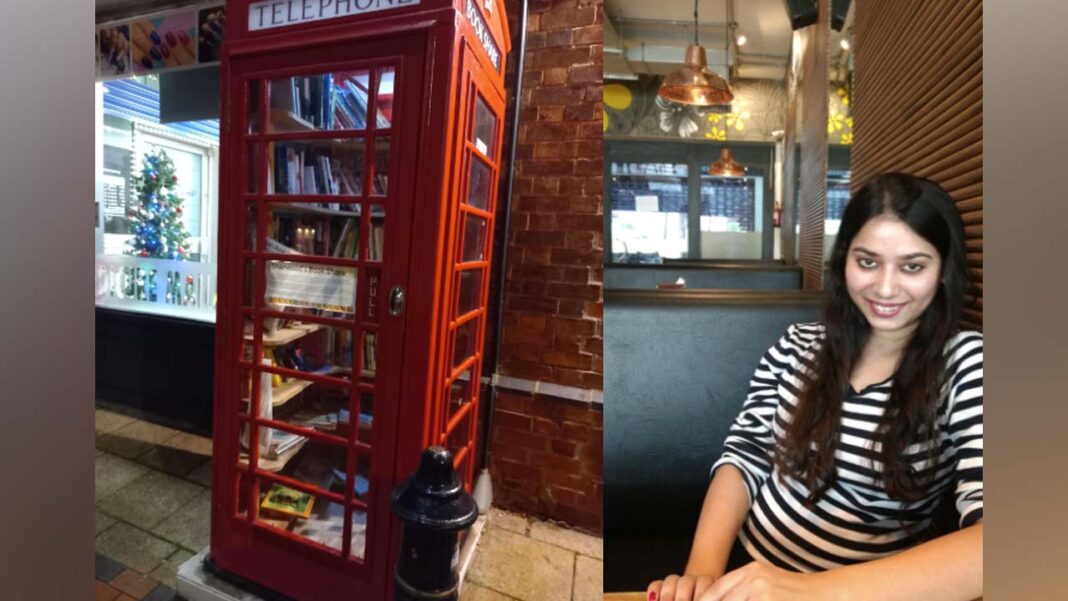On my recent visit to England, Nottingham in particular, I saw an unmanned yesteryear red phone booth turned into a bookshelf by the roadside. One could take books home from that mini library and restack them after having read them. It is quite a novel idea to allow everybody free and easy access to intellectual property. Ever since my visit to that bookshelf, the idea of establishing community libraries in Hyderabad has been on my mind, and after visiting a house museum (YK Antiques) in Sainikpuri, my faith to get on the task has been reinforced.
YK Antiques is a collection of antique pieces that a gentleman, Y. Krishnamurthy, collected from across South India and other countries abroad. Set up on the ground floor of his independent house with over 900 antique pieces, the lounging space outside the museum accommodates a little bookshelf with a handful of novels and magazines on poetry and travel.
The United States has the concept of a “little free library”, which sees small bookshelves for one to donate or collect books from. For a growing population of 1.4 billion Indians and an unequal distribution of resources — both monetary and space in the house — books (novels and magazines) could be a shared property in the form of community libraries. Yes, like we have community parks, we could also have mini-libraries and bookstores every few kilometers. Allow everybody comfortable access to reading while also keeping our little flats dotting the city spacious.
There are second-hand bookstores like The Best Books Centre in Lakdi Ka Pul and MR Books near Begumpet flyover (exchange books there for Rs 40) that offer an affordable means of reading. And then there are some upmarket avenues such as Ofen Café in Banjara Hills that have provision for a free exchange of books (leave a title and pick another); however, having access to books closer home will be a game changer. In the past, the popular bookstore Crossword at Begumpet used to include a plush seating arrangement for readers to read the books from the shelf even when they didn’t wish to buy them. Such arrangements no longer exist.
Reading is an activity that will never be enough, however small the space in the house may be. Also, some sections of society may lack the practicality of bringing enough books home. Reading good books to learn about the ways of myriad cultures and gain a global perspective is the fountainhead to living well and fully.
Installing community libraries, therefore, is a task to undertake and a task that can easily be accomplished. If I am to establish a library in my colony, I should easily be able to source 150–200 books from readers around me whose houses flaunt impressive bookshelves that they have been stacking since their teenage years. I personally have about 20 novels and a stack of international magazines kept aside as a giveaway.
The bare necessities for the mini library, such as a bookshelf and a table with chairs, could also be crowdsourced. Like Nottingham, should there come a time when a community needs no manning, it would serve as a yardstick for how much the city has progressed in prosperity and civil behavior. Until such a time, the mini libraries will need help manning the shelves, which retired citizens or students could fulfill by volunteering.
Reading the experiences of real and fictitious people and their endeavours and achievements could be a catalyst for some and an inspiration to others. Alongside reading being the best tool to practice patience and focus, entering the universe of a writer’s imagination, such as in George Orwell’s 1984 and Marquez’s Love in the Time of Cholera, could serve as an example of the genius the human mind is capable of.
(Suhani Dewra, the columnist, runs an online conscious store.)




